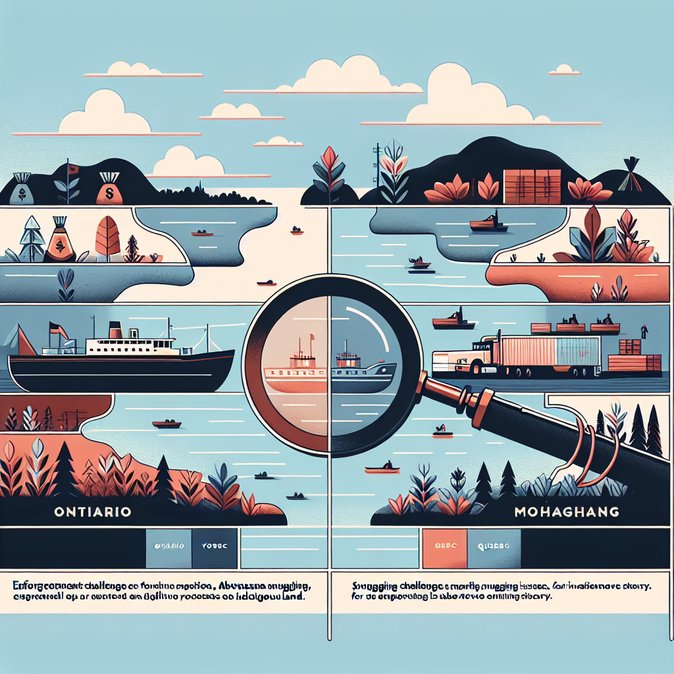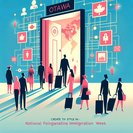
The cross-border Akwesasne Mohawk territory found itself at the centre of another human-smuggling probe on November 3 as U.S. prosecutors announced charges against five individuals accused of ferrying migrants between Ontario/Quebec and upstate New York. The indictment follows the March 2025 drowning of a Romanian family in the St. Lawrence River, a tragedy that sparked a bilateral task force on indigenous-territory smuggling routes.
According to the U.S. Department of Justice, alleged ringleader Stephanie Square, an Akwesasne resident, was extradited to Plattsburgh, NY, while co-conspirator Timothy Oakes remains in custody. Three others have already pleaded guilty. Court documents describe a sophisticated network using night-time boat crossings and safe houses on both sides of the border, charging migrants up to US$6,000 each.
![U.S.–Canada Akwesasne Corridor Again Target of Human-Smuggling Investigation]()
For corporate security and travel-risk managers, the case underscores persistent vulnerabilities along the 160-kilometre border segment where jurisdictional complexities hamper enforcement. The Canada Border Services Agency (CBSA) has increased inland checkpoints and is piloting mobile biometric kiosks to verify the identity of individuals found in the corridor.
Employers with facilities in Cornwall, Ontario and Massena, NY should expect occasional traffic slowdowns and enhanced ID checks as joint patrols intensify. Companies sponsoring temporary foreign workers from Eastern Europe may face additional scrutiny of travel histories that include transit through New York state.
Policy analysts suggest that Ottawa may accelerate funding for the Indigenous Border Security Program announced in Budget 2025, which promises equipment and training for community peacekeepers to deter smuggling without undermining treaty mobility rights.
According to the U.S. Department of Justice, alleged ringleader Stephanie Square, an Akwesasne resident, was extradited to Plattsburgh, NY, while co-conspirator Timothy Oakes remains in custody. Three others have already pleaded guilty. Court documents describe a sophisticated network using night-time boat crossings and safe houses on both sides of the border, charging migrants up to US$6,000 each.

For corporate security and travel-risk managers, the case underscores persistent vulnerabilities along the 160-kilometre border segment where jurisdictional complexities hamper enforcement. The Canada Border Services Agency (CBSA) has increased inland checkpoints and is piloting mobile biometric kiosks to verify the identity of individuals found in the corridor.
Employers with facilities in Cornwall, Ontario and Massena, NY should expect occasional traffic slowdowns and enhanced ID checks as joint patrols intensify. Companies sponsoring temporary foreign workers from Eastern Europe may face additional scrutiny of travel histories that include transit through New York state.
Policy analysts suggest that Ottawa may accelerate funding for the Indigenous Border Security Program announced in Budget 2025, which promises equipment and training for community peacekeepers to deter smuggling without undermining treaty mobility rights.











